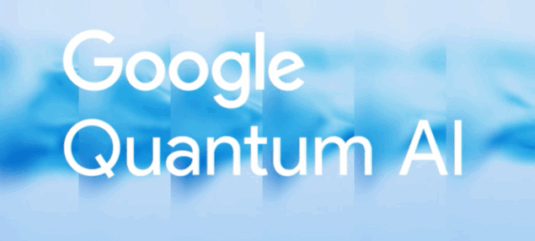
Quantum Leap in Computing
Google has announced a historic breakthrough in quantum computing. Its Willow chip successfully ran the Quantum Echoes algorithm, achieving verifiable quantum advantage. This means it performed computations 13,000 times faster than the world’s fastest classical supercomputers.
The algorithm can model complex systems, from molecules to magnets, with unprecedented precision. This milestone signals a step closer to practical, real-world applications of quantum computing.
What Makes Quantum Echoes Unique
Quantum Echoes works by sending a specially designed signal into the quantum system, perturbing a qubit, and then reversing the signal’s evolution. The returning “echo” amplifies the signal, allowing highly sensitive measurements.
This approach allows scientists to model systems at a scale and speed classical computers cannot match. The results are repeatable, meaning the outcome can be verified on similar quantum systems, confirming accuracy.
Molecular Ruler and NMR Applications
In collaboration with UC Berkeley, Google applied Quantum Echoes to study molecular structures. The algorithm acted like a “molecular ruler”, measuring atomic distances longer than current techniques.
Using Nuclear Magnetic Resonance (NMR) data, the algorithm revealed information beyond traditional NMR spectroscopy. Such capabilities could enhance drug discovery, material science, and the design of advanced molecules.
Implications for Real-World Applications
Quantum computers like Willow could revolutionize how scientists study quantum systems. The algorithm allows precise modeling of molecules, atoms, and spins, which is foundational in chemistry, biology, and materials science.
Future applications may include developing new medicines, designing better battery materials, and improving quantum technologies themselves. This breakthrough also sets the stage for building error-corrected quantum computers, crucial for scalable real-world solutions.
Next Steps in Quantum Research
Google’s team is now focused on achieving Milestone 3: creating long-lived logical qubits for fully error-corrected quantum systems. As the technology matures, Quantum Echoes could become a standard tool for scientific discovery.
The experiment demonstrates not just complexity but also precision, bringing practical quantum computing closer than ever.
